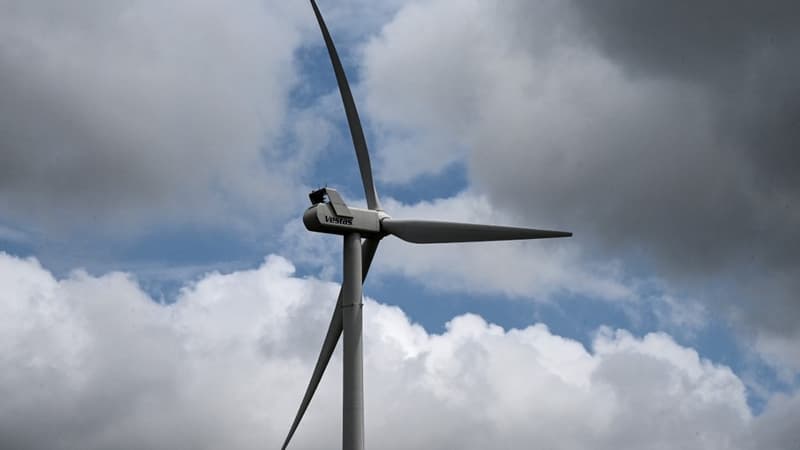The States of the European Union (EU) maintained this Monday the objective of 40% renewables in their energy mix by 2030. And this, despite the call by the European Commission to raise it even more in light of the war in Ukraine.
After having proposed in its climate plan, by mid-2021, to aim for 40% renewable energy in the EU energy mix by 2030 (compared to the current target of 32%), Brussels had asked last May to increase the target up to 45%. % to more rapidly reduce Europe’s dependence on hydrocarbon imports. At the same time, the Commission proposed accelerating the granting of permits for renewable energy by dedicating specific areas to it.
The energy ministers have declared themselves in favor of maintaining the 40% objective, while they have pronounced themselves on their position on accelerating authorizations, an agreement that will now be the subject of negotiation with the European Parliament.
Areas of “Acceleration of renewable energy”
The commitment adopted by the States provides for the creation in each country of “renewable energy acceleration” zones (“go-to areas”), territories favorable to green energy and that present “lesser risks” for the environment.
In these areas, the maximum term for approval of new renewable energy installations would be reduced to one year (to two years in the case of offshore projects), except in “extraordinary circumstances”, and drastically limited requirements for impact studies. However, states can exclude new hydroelectric and biomass plants.
Outside these areas, the authorization procedures for renewable installations would also be accelerated, reducing them to a maximum of two years (3 years for offshore projects). For all solar equipment, the procedure should not exceed 3 months.
An “explicit decision” is still necessary
On the other hand, while Brussels provided for “a tacit agreement” in the event of a lack of response within the deadlines, the States advocated applying this principle only to the “intermediate stages” of the process, maintaining the need for an “explicit decision” to final authorization.
The European Parliament had adopted its position in mid-December, demanding that the maximum period for the approval of new renewable installations be reduced to 9 months for “go-to” zones and 18 months outside.
Pending the result in 2023 of the negotiations between the States and the MEPs, the Commission proposed in early November an emergency measure, with a duration of one year, to shorten the authorization periods for the installation of heat pumps and solar panels in buildings, three months and one month respectively, without an environmental impact study.
The ministers gave the green light this Monday to this temporary measure, which is enough for it to enter into force.
Source: BFM TV


